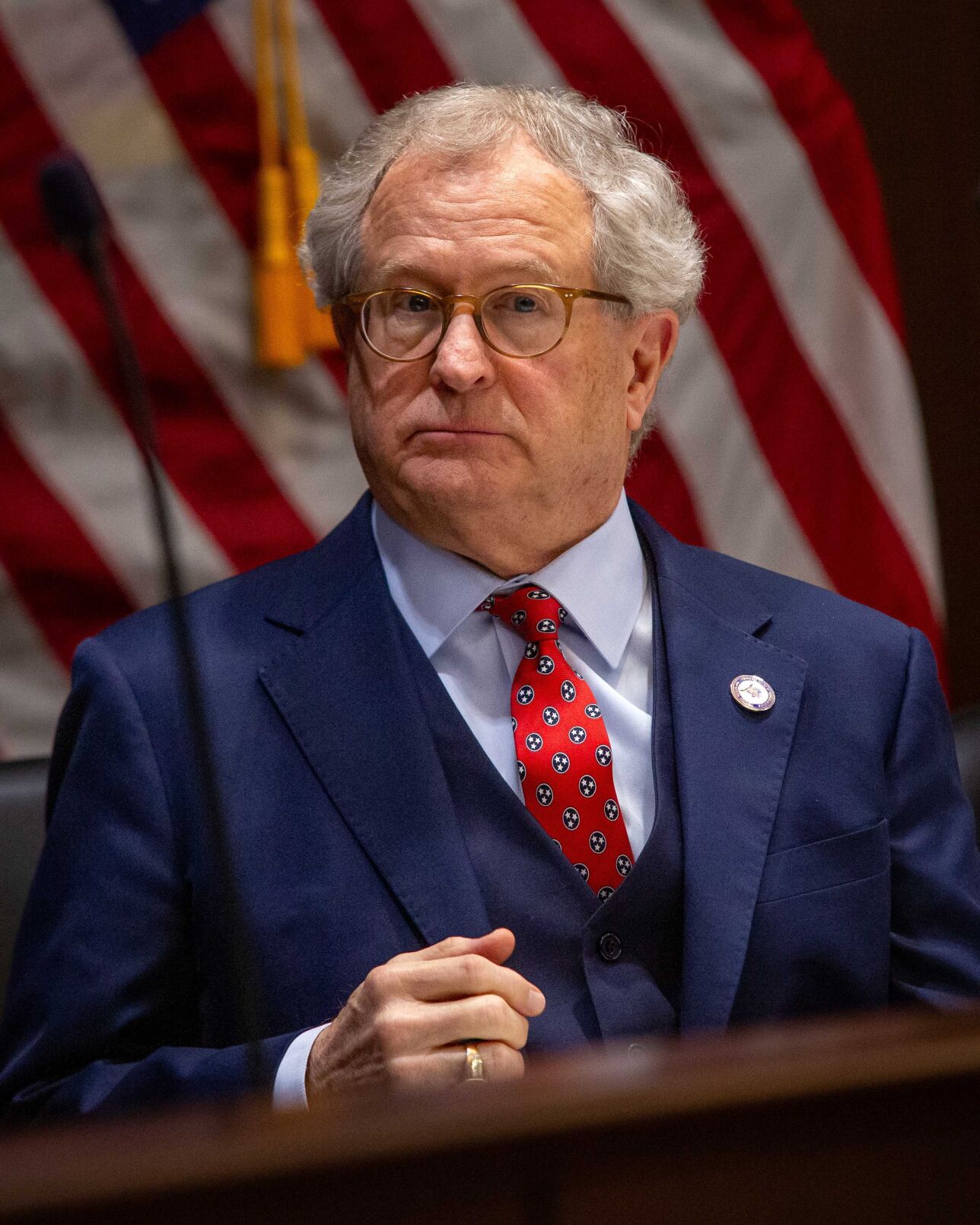Two very different versions of the Education Freedom Scholarship Act passed two key legislative committees in the state House and Senate Wednesday. The EFSA — a pet project of Gov. Bill Lee — seeks to provide universal vouchers to students across Tennessee, allowing them to attend private schools using public dollars.
A tense, hours-long conversation in the House Education Administration Committee resulted in the passage of that chamber’s massive version of the EFSA, which folds in a range of policies extending beyond vouchers and would set sweeping changes to the public schools system. Such changes include allocating more money to schools through the state’s education funding formula and increasing the state’s share of teacher insurance costs. It would decrease the amount of state testing, decrease the number of evaluations for well-performing teachers and decrease the amount of interventions schools would be obligated to provide to students who are behind academically.
District-level frustrations remain as students prepare for another stressful year of testing
Acknowledging the controversial retention law that could hold back thousands of third- and fourth-graders, the bill would also allow fourth-graders who don’t pass a state test’s reading portion to be promoted if they attend summer school and receive tutoring in fifth grade. It would also extend the time between teachers’ professional licensure renewals, give schools more flexibility on how they meet the required amount of classroom instruction time and allow districts more agency in how they address chronically absent students. Baked into the legislation is a provision that would dissolve the state’s largely unsuccessful Achievement School District and a severability clause that would ensure parts of the bill remain in place in case one section is overturned in court.
Maryville City Schools director Michael Winstead testified before the committee, as did Nashville public school parent Maryam Abolfazli, far-right political gadfly Robby Starbuck and Walter Blanks Jr., a spokesperson for conservative pro-voucher group American Federation for Children.
“Vouchers are a bitter pill — maybe some would say a poison pill — and you can coat that with a lot of good things and make it go down a little easier, but in the end we're being asked to ingest a poison pill,” Winstead told the committee. “I think vouchers are the great destabilizer, and will be the straw that breaks the camel's back in some of our rural districts when it comes to finances down the road.”

Rep. Mark White
Several times throughout the committee meeting, members addressed concerns about parliamentary rules. At one point, Rep. Sam McKenzie (D-Knoxville) accused committee Chair Mark White (R-Memphis) of breaking House rules. “Breaking of these rules got people kicked off this body,” said McKenzie in reference to last year's expulsion of House Reps. Justin Jones (D-Nashville) and Justin Pearson (D-Memphis). Ultimately, after more than four hours of discussion, the debate was cut short.
All of the committee’s Democrats voted against the bill, as did Reps. Monty Fritts (R-Kingston), Chris Hurt (R-Halls), Bryan Richey (R-Maryville) and Todd Warner (R-Chapel Hill). The bill nevertheless passed and is headed to the House Government Operations Committee.
While the House version of the bill would not provide vouchers to home-schoolers, the Senate version would. The House’s version would cost just under $398 million in its first year and exceed $425 million by fiscal year 2026-27 and onward. The Senate’s version would cost more than $95 million in its first year and could exceed $333 million in fiscal year 2026-27 and onwards.
“The House and the Senate is [sic] never going to agree on this 39-page master-growth of government,” said Warner on Wednesday. “This is gonna go to a conference committee at the end of session, and to a backroom deal that we will get one hour, more than likely, on the House floor to discuss.”
Meanwhile, the Senate Education Committee discussed its own very different version of the bill, brought forward by committee Chair Jon Lunberg (R-Bristol). The bill is very similar to what was initially introduced by Lunberg and discussed last week, with slight adjustment related to funding procedures. Major aspects of the Senate bill include testing requirements for private school students who use vouchers and the ability for families to use state dollars to attend schools in other districts.
Some members of the Senate, including Sen. Joey Hensley (R-Hohenwald), noted the differences in the House and Senate bills and expressed a desire to reconcile differences in committee rather than later in the process. The bill passed and is headed to the Senate Finance, Ways and Means Committee.





